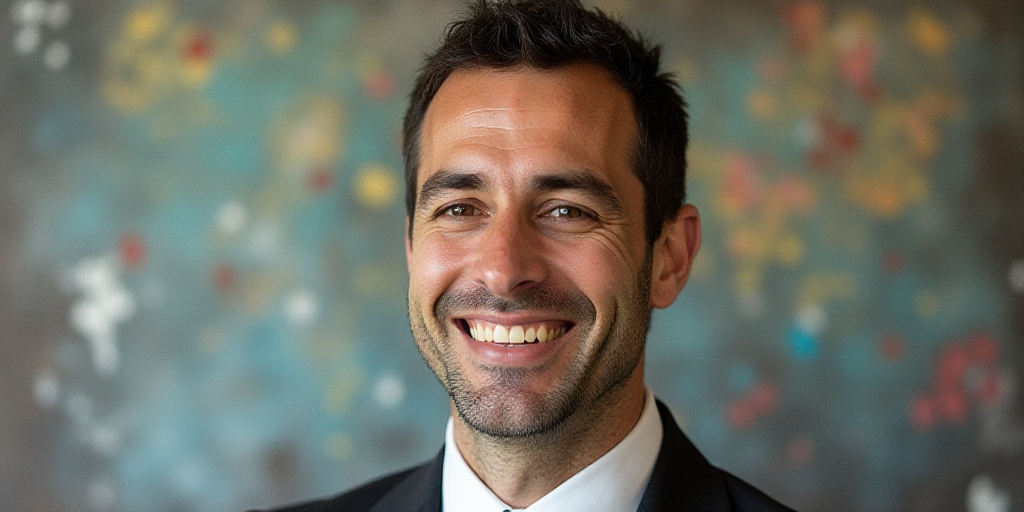Introduction
In Mexico, we witness daily how power is exercised to cater to a specific faction, labeling those with differing views as morally defeated opponents. However, the rhetoric has not yet reached the level of expressing hatred towards opponents or wishing them ill, as exemplified by the President of the United States.
Generating division from the presidential office for electoral purposes is serious, but it does not equate to expressing such resentment from someone who has access to the nuclear button.
The Unpredictability of Donald Trump
Donald Trump’s unpredictability is detrimental in any context, but particularly concerning economically as it fosters uncertainty.
This is evident in the perception of Americans, as reflected in polls such as one from The Wall Street Journal. It reveals that 70% of respondents believe “The American Dream” no longer represents the essence of their country.
Only 25% believe there’s a good chance of improving their living standards, while 75% see it as difficult for future generations to enjoy a better quality of life.
Although 90% of Democrats display pessimism about their country’s economic situation in this statistical exercise, 55% of self-identified Republicans also hold a negative view of the current economic conditions.
US Bank Survey: A Pessimistic Outlook
A recent US Bank survey, published this week, illustrates how structural factors intersect with the current political climate, resulting in a strikingly pessimistic outlook.
Among those surveyed by this financial group, 81% believe it’s more challenging to retire today compared to their parents’ era, and by age groups, millennials (87%) and Generation X (84%) near retirement share a negative perception.
Across all generations, 77% believe the current economic climate negatively impacts their retirement expectations.
The Deterioration of Confidence
This more negative long-term view has a basis in the daily lives of Americans, according to Moody’s data. The working class faces rising food and housing prices, resorting to savings, taking on more debt, and cutting non-essential expenses.
The middle class has also become more selective with spending, while only high-income sectors maintain near-intact consumption rates.
The U.S. economy operates in dollars, but the invisible engine is confidence, which has eroded amidst presidential polarization.
The Disconnect Between Macroeconomic Data and Popular Sentiment
There’s a disconnect between macroeconomic data and popular sentiment, not only canceling the American Dream’s possibilities but also making it seem impossible to make it through another payday.
When people stop believing, they act accordingly by cutting expenses, postponing significant financial decisions, ultimately undermining a nation’s social capital and cohesion.
The Ripple Effect of Opponent Hatred
Expressing hatred towards opponents doesn’t just affect democratic confidence; it renders the economic lives of all market agents unpredictable.
Key Questions and Answers
- Q: How does the U.S. economy reflect current political tensions? A: The erosion of trust in the U.S. economy is evident through pessimistic perceptions of various demographics, with 70% of respondents in a Wall Street Journal poll believing “The American Dream” no longer represents their country.
- Q: What impact does President Trump’s unpredictability have on the economy? A: His unpredictability fosters uncertainty, contributing to a 75% belief that future generations will have a difficult time achieving better living standards.
- Q: How do different generations view retirement prospects? A: A US Bank survey found 81% of respondents believe retirement is more challenging today than for their parents, with millennials (87%) and Generation X (84%) sharing this negative outlook.
- Q: How does the working class cope with economic pressures? A> The working class faces rising food and housing costs, resorting to savings, taking on more debt, and cutting non-essential expenses, according to Moody’s data.
- Q: What are the consequences of eroded confidence in the economy? A: When people stop believing, they cut expenses, postpone significant financial decisions, and undermine a nation’s social capital and cohesion.






